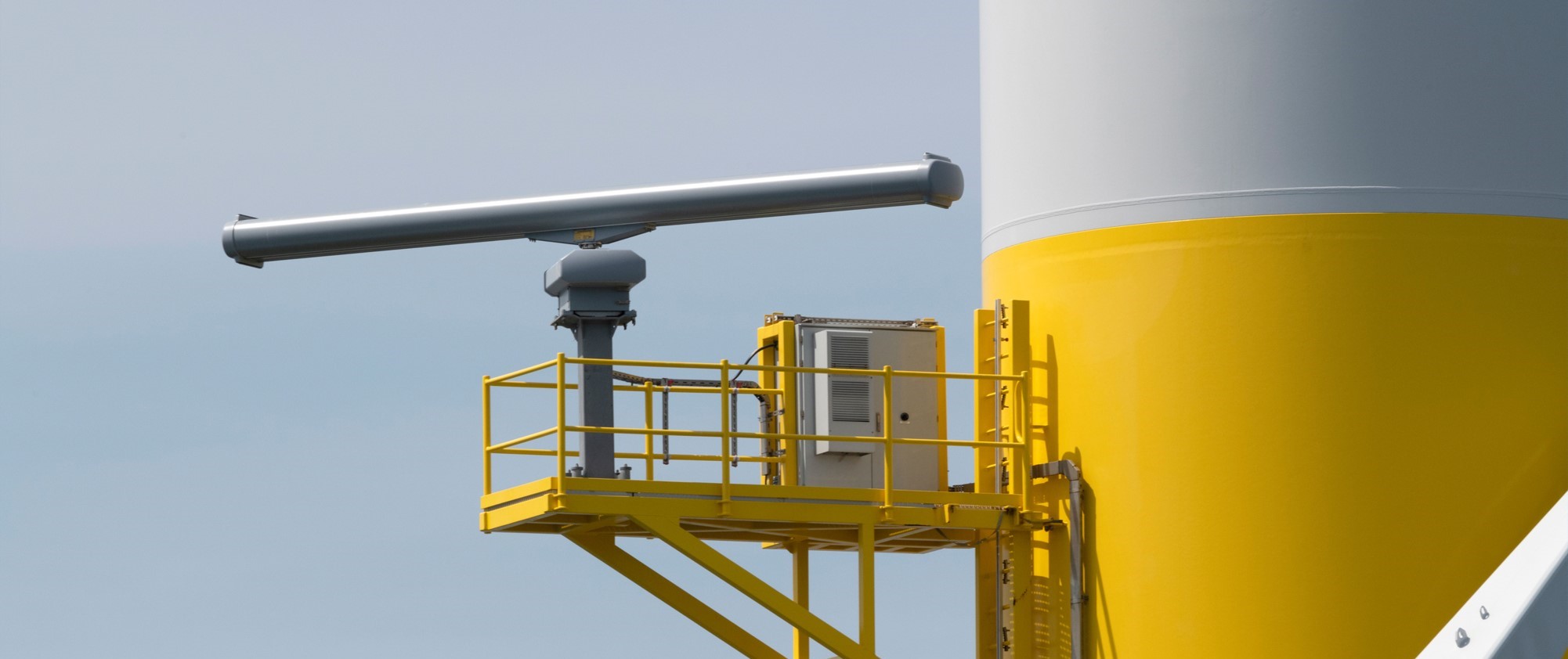To coordinate all activities on the North Sea and integrate new users and functions, reliable data is needed. This includes information on wind speed and wave height, as well as shipping movements and bird migration routes. Through the Maritime Information Provision Service Point (MIVSP) project, Rijkswaterstaat establishes, operates, and manages the physical and digital infrastructure necessary to collect and distribute this data. This takes place in and around the wind farms that will be constructed in the coming years as part of the energy transition in the North Sea.
Leveraging the Construction of Offshore Wind Farms
MIVSP builds masts on the platforms that transmit the generated power of windmills, to the onshore electricity grid. These masts are equipped with sensors to collect data about the North Sea. Examples include nautical radars, wave height meters, wind height and wind speed meters, rain gauges, temperature meters, bird radars, and bat detectors. Besides being placed on the platforms, the sensors are also installed on wind turbines and buoys in the sea.
Rijkswaterstaat either purchases the sensors or receives them ready-made from the owner. The sensors are then optimally positioned in and around the wind farms. This setup is crucial because not every sensor works equally well in every location, and the sensors can also interfere with each other's functionality. Therefore, MIVSP tests the sensors in a realistic test setup at the Offshore Expertise Center in Stellendam and, where possible—since testing at sea is often expensive and complicated—also on location. After installation, MIVSP is responsible for the management and maintenance.
More knowledge, lower costs
The data collected by the sensors is provided to various users, such as TenneT, the Coast Guard, the The Royal Netherlands Meteorological Institute (KNMI), wind farm owners, and universities. They use the data for their own services, products, and assets. With MIVSP’s services, these parties receive a shared platform for making observations in the North Sea and obtaining the data they need. By serving multiple parties, costs are saved, knowledge and experience are built up, and the wealth of North Sea data is made as accessible as possible.
Rijkswaterstaat as a logical partner
The client for MIVSP is the Ministry of Economic Affairs and Climate Policy, which is responsible for the rollout of offshore wind energy. Rijkswaterstaat is the contractor. To save costs and build knowledge and experience, it makes sense for a single central party to purchase or receive the sensors, test them, install them, operate them, and manage them. As the manager of the North Sea and responsible for the infrastructure of the Netherlands, Rijkswaterstaat is the most logical partner for this. Rijkswaterstaat has a good overview of the state of the Netherlands, collects and shares large amounts of data daily in this context, and can effectively integrate the information provision at sea with existing data networks and connections on land.
Planning MIVSP
Image: Tommy Kleijn
Image: © European Union
